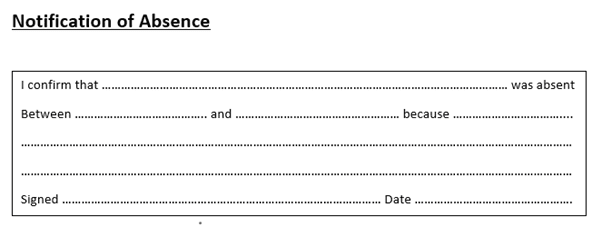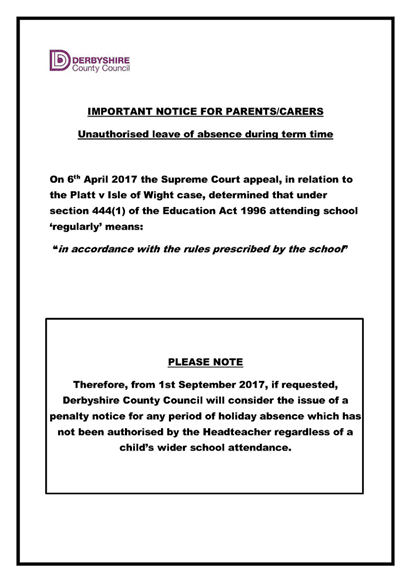Attendance
St Philip Howard Catholic Voluntary Academy recognises how vitally important good attendance and punctuality are. We believe that to be successful, all learners require the highest level of access, attendance and engagement and we will work closely with all agencies in order to achieve this. The school aims to achieve an attendance target of 97% annually. Our students are rewarded for meeting the school target for attendance with half termly celebrations and termly rewards visits where meeting the attendance target is one of the criteria.
Attendance has a major impact on your child’s academic performance:
- Students whose attendance is above 95% will achieve an average of seven or eight GCSE qualifications at grades 9 to 4
- Students whose attendance drops below 93% will attain on average only two or three GCSE qualifications at grades 9 to 4
Therefore good attendance will have a big influence on your child’s later prospects in adult life
Lateness, Authorised and Unauthorised absence at school
Consequences to parents and pupils of being absent and late.
Unauthorised absence or your child being frequently late could result in fine or prosecution.
Every school, by law, has to register pupils twice a day; first thing in the morning at the start of the school day, and again in the afternoon session. If a pupil fails to attend or arrives late they can be marked as an absence for that session.
If a pupil of compulsory school age is absent, the register must show whether the absence was authorised (acceptable) or unauthorised (where no acceptable reason is given for absence). Only the school can approve the reason for absence.
An attendance of 90 per cent means that your child is absent from lessons for the equivalent of one half day every week.
Authorised absence from school
Where a pupil is absent due to sickness and is genuinely unable to attend school, then the school, after being informed, may authorise a child’s absence. Please note, we cannot accept ‘unwell’ or ‘poorly’ as a reason for absence, we need full details on the symptoms they are experiencing.
If your child has been absent from school for a long period of time due to an illness, the attendance team may need to contact you if no medical proof is given.
If the reason for absence is due to a medical condition such as migraines or IBS etc. The school will need medical proof and records of the condition to be able to authorise the absence. If this is a persistent reason for absence and we believe this can be controlled with medication, it may still be unauthorised.
It is important to keep the school informed if your child is going to be absent at the start of the day. Calls can be made to the school on 01457 853 611. We request that this is done by 8:45am at the latest. Please note that if you have emailed the school or a certain member of staff, this may be missed and you may still receive a call from the school.
When your child returns to school, we ask that you provide written confirmation of their absence by filling out the pro forma found on page 19 of their student planner.






